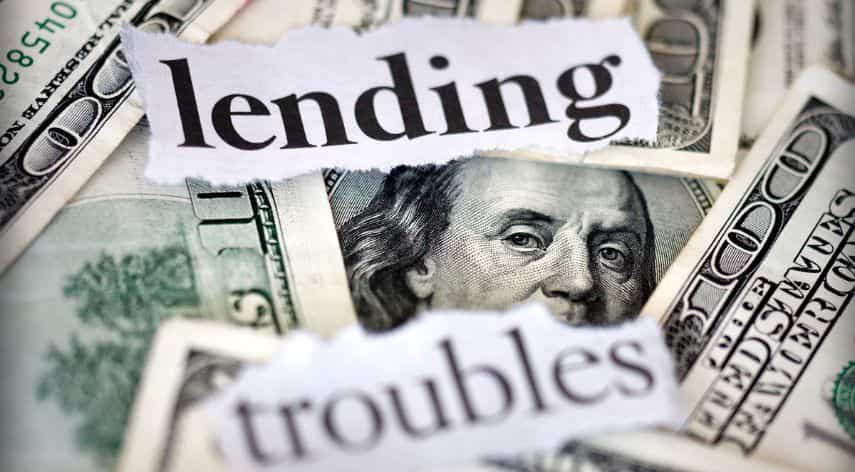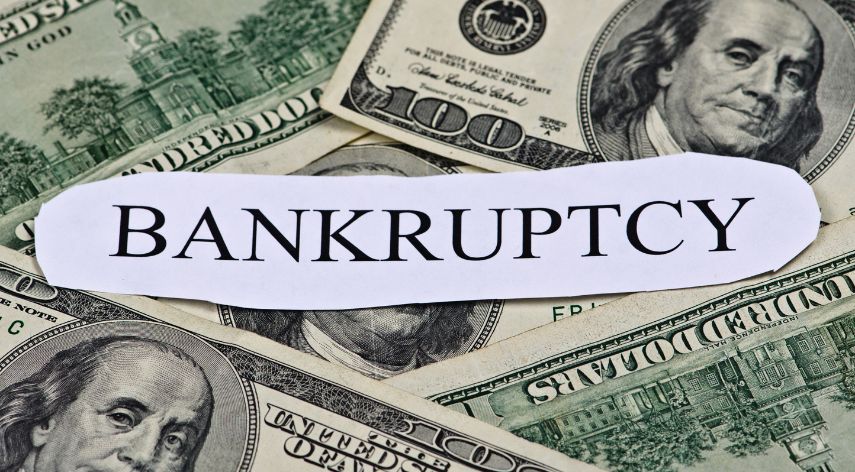Business Lending: How to Get the Money You Need to Grow Your Business

Table of Contents
ToggleThe interest rate on your loan will be based on your credit score.
When you’re looking to take out a business loan, one of the first things lenders will look at is your credit score. This three-digit number is a key factor in determining the interest rate you’ll qualify for on your loan. In general, the higher your credit score, the lower the interest rate you’ll be offered. That’s because borrowers with good credit are considered to be lower-risk and, therefore, more likely to repay their loans on time. On the other hand, borrowers with bad credit are considered high-risk and will typically be offered higher interest rates to offset the lender’s risk. If you’re not sure what your credit score is, you can check your credit report for free once per year. Or, many websites offer free credit scores. Knowing your score before you apply for a business loan can give you a good idea of what kind of interest rate you may qualify for.
You’ll likely have to provide collateral for your loan.
When you go to a bank or other financial institution to borrow money for your business, they will usually require some form of collateral. This means that you will need to put up something of value as security in case you are unable to repay the loan. The most common form of collateral is real estate, such as your home or another piece of property. The lender will place a lien on the property, which gives them the right to seize it if you default on the loan. Other forms of collateral can include vehicles, equipment, inventory, and even personal assets such as jewelry or art. If you are unable to provide collateral, you may still be able to qualify for a business loan, but you will likely pay a higher interest rate.
The term of your loan will affect your monthly payments.
You may not realize it, but the term of your loan can have a big impact on your business. A shorter loan will typically have higher monthly payments, while a longer loan will have lower payments. The term of your loan will also affect the total interest you pay over the life of the loan. A longer loan will have a lower interest rate, but you will end up paying more in interest because you are borrowing the money for a longer period of time. When deciding on the term of your business loan, it is important to weigh all of these factors carefully to ensure that you are making the best decision for your business.
You may have to pay origination fees and other closing costs when you get a business loan.
For business lending, you may have to pay origination fees and other closing costs. These fees can add up, so be sure to ask about them in advance. Lenders typically disclose these fees in the loan agreement, so be sure to read the agreement carefully before signing. Origination fees are typically a percentage of the total loan amount and are paid at closing. Common origination fees range from 1% to 5%, but they can be higher depending on the lender and the type of loan. Other common closing costs include appraisal fees, title insurance, and government recording fees. These costs can vary widely depending on the lender and the type of loan, so be sure to ask about them in advance. In some cases, lenders may allow borrowers to roll these costs into the loan balance, but this will increase the amount of interest you’ll pay over time. As always, be sure to compare offers from multiple lenders before choosing a business loan.
There’s no one-size-fits-all answer when it comes to business loans.
Trying to figure out the best business loan for your company can feel like a daunting task. After all, there are countless options out there, and it’s hard to know which one will be the right fit for your business. The good news is that there’s no one-size-fits-all answer when it comes to business loans. The best option for you will depend on your specific situation and needs. To help you navigate the world of business lending, here’s a quick overview of some of the most common types of loans:
- Term loans: Term loans are typically used for larger purchases, such as equipment or real estate. They usually have fixed interest rates and repayment terms of one to five years.
- SBA loans: SBA loans are backed by the Small Business Administration and tend to have lower interest rates than other types of business loans. However, they also typically have longer repayment terms, which can make them a good option for businesses that need more time to repay their debt.
- Lines of credit: Lines of credit can be a helpful source of working capital for businesses that need access to cash on an ongoing basis. They typically have variable interest rates and allow businesses to borrow small amounts of money as needed.
If you’re thinking about applying for a business loan, First Utah Bank can help. We offer a variety of loan products designed to meet the needs of businesses of all sizes. To learn more about our business lending options, give us a call or stop by one of our branches today.
Alfred Williams, a distinguished business writer, navigates the corporate landscape with finesse. His articles offer invaluable insights into the dynamic world of business. Alfred's expertise shines, providing readers with a trustworthy guide through the complexities of modern commerce.
Recommended For You
Spread the loveIn the ever-expanding digital landscape, online trading platforms have become a staple for savvy consumers looking to explore
Spread the loveHave you heard about fiat-to-crypto exchange? One area that continually captures the attention of both seasoned investors and
Spread the loveMuch like any skill you master, financial stability sometimes requires a bit of practice. In the world of





